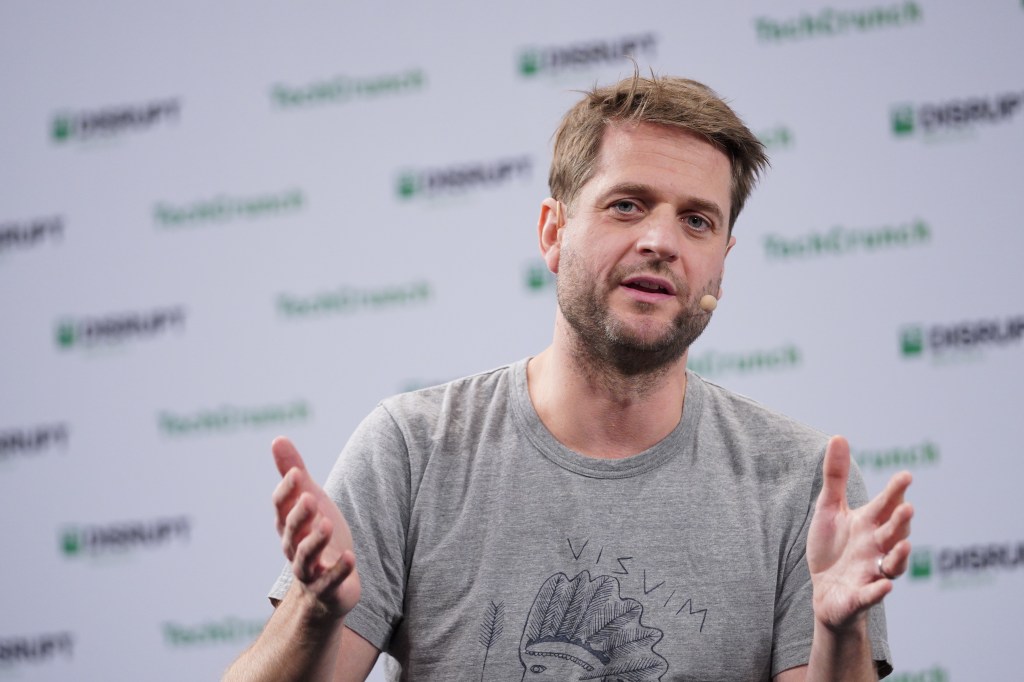Visa surprised the European fintech industry last year when it announced that it would acquire Tink for €1.8 billion ($2.15 billion at the time of the deal). Klarna now wants to compete directly with Tink with a new business unit that has its own brand — Klarna Kosma.
Like Tink, Klarna offers an open banking application programming interface (API) with Klarna Kosma. Tink and Klarna are also both headquartered in Stockholm, Sweden. There are other open banking API companies, such as TrueLayer and Plaid. And it’s been a competitive space as Visa also tried to acquire Plaid but that deal fell through.
With this new strategy, Klarna is essentially saying that it’s open for business. If you’re building a financial product and need to interact with bank accounts, you have one more option.
Klarna Kosma is an API that other companies can integrate in their apps and services. These companies can leverage Klarna’s API to access account statements, initiate payments, fetch banking information and refresh this data regularly.
Klarna is better known for its “buy now, pay later” products. In some countries, Klarna lets customers connect to their bank account to give spending insights and establish a sort of credit score before letting customers buy something in multiple installments. With today’s move, Klarna is opening up its in-house product to other customers.
“With Kosma we are opening up the power of our proprietary Open Banking platform and technology to banks, merchants and fintechs who share our dream of a world where consumers own their data and banks compete for customers by delivering value, not by locking in data,” Klarna CTO Yaron Shaer said in a statement.
In Europe, banks and financial institutions all have to offer open banking interfaces due to the EU’s Payment Services Directive PSD2. But there’s no single standard. Open banking APIs do the heavy lifting for you.
Klarna said that it covers 15,000 banks across 24 countries. The API mostly focuses on European and American banks so far, but it plans to expand to other markets soon, such as Australia, Canada and New Zealand.
In addition to Account Information Service (AIS), Klarna Kosma customers can also programmatically initiate payments with compatible banks. That has always been the long-term promise of open banking. If payment initiation takes off, it could replace card payments or e-wallets like PayPal. We’re not there yet, but Klarna definitely wants to have a product ready if we get there.






























Comment